|
Remember this rhyme? I love old sayings because in addition to being easy to remember; they are also concise, remain relevant and contain deeper meaning. When I was a kid, I was scared to say this to teasing bullies because I thought it might encourage them to start throwing sticks and stones ... instead of words!! However, this means that I understood the true essence of this age-old chant; which is really a reminder to the self to only fear what is physically harmful. While I might have been subjectively injured by their words ... it was the possible objective injury from sticks and stones that I really feared. I think that while politeness and good manners can be insisted upon, there is still a message here that is desperately needed in today's world. If you ruminate on the "sticks and stones" rhyme, it becomes apparent that while you might not be able to control physical injury from someone hurtling hard objects at you (ie may break my bones), you certainly can control the power of someone to wound your psyche with their words (ie will never hurt me). The choice lies within us. Now I know this is easier said than done because we all know that words do hurt. Sure they do!! However, today's attempt to control another's speech by censoring writer's works of fiction, the insistence on replacing, redefining or adopting certain words, and even shutting down whole conversations (beyond requesting commonplace politeness and manners), is a misplaced attempt to instill kindness. It is not the way forward because what constitutes hurtful words, and even kindness as well, is very subjective. Instead we need to remember that the power lies within us to exercise our freedom of association and associate with whom and what thoughts we choose. This is especially important for children and teens which is probably why this was a nursery rhyme! This Valentine's Day; may I humbly suggest that if you know a loved one who is allowing themselves to be constantly damaged by another's words, or who has bought into society's new reactive trend of "cancelling" people who politely and thoughtfully disagree with them; that it would be a sincerely loving gift to remind them that it is they who possess the power to ensure that "words will never hurt me" - not the other person. By allowing themselves to be hurt by words - they are handing that power over to others. What a silly thing to do! It is a fruitless and exhausting exercise to try and control another person's view of you. All that matters is what one thinks of one's self. Therein lies one of the secrets to self-esteem. Happy Valentine's Day!  Robbie Coltrane, "Hagrid", Harry Potter, Photographer Unknown Robbie Coltrane, "Hagrid", Harry Potter, Photographer Unknown Remember Hagrid in Harry Potter? When Draco called Hermione a "mudblood" (offensive word in the wizarding world), he said, "He did not!". Hagrid acknowledged Hermione's pain but then he advised, "Don't you think on it Hermione. Don't you think on it for one minute." This was incredibly insightful because he was instructing her not to allow others perceptions to determine how she perceived herself. Meadow Sweet Grove © V. Buchanan, 2022
0 Comments
 Pixie sitting on wood toadstool charm - Picture Source: eBay Pixie sitting on wood toadstool charm - Picture Source: eBay Ever hear the expression "Touch wood!" or "Knock on wood!" This was a common English phrase growing up in my home. The gist of the superstition, or attraction magic, goes something like this: when you have avoided misfortune and say something that could be perceived as bragging about your good luck; you are tempting fate and thus must immediately protect yourself from any repercussion or reversal of your good fortune, by touching or knocking on wood. Some examples:
Before you utter these sorts of statements; make sure you say 'touch wood' and are actually touching something made of wood. Another version is to knock briskly on the wood. I'm extra careful to make sure that I am actually touching real wood as I don't believe laminates or MDFs hold the same magical properties! Since this practice may have arisen out of tree worship and a belief in dryads or tree spirits dwelling within each tree; it makes sense that only real wood will save you. But what if you have said something that requires averting the ill will of the fates and no wood can be found within your sight? In that case, and that case only, you are allowed to knock on your head. This is based on the rather unflattering belief that if you are stupid, your head is made of wood. But when the stakes are this high ... being a little humble is in your best interest ... so knock away! Meadow Sweet Grove © V. Buchanan, 2021
 Reg Varney, "Stan Butler", On the Buses, Source: Wikipedia Reg Varney, "Stan Butler", On the Buses, Source: Wikipedia Common sense seems to be in short supply these days. Or is it only me who feels this way? I do hope that common sense is making a comeback and actually I think we might be on the way! We simply can't go on the way we have been unless we go back to "showin' a bit o' common". "Show a bit of common, mate!" is an English expression that is usually expressed in exasperation when someone does something that is just too ridiculous to explain to them and begs that common sense be applied to the situation. One of my favourite TV characters, Stan Butler, used this expression in "On the Buses", a popular British television series in the 1970s. It just got added to my vocabulary! Meadow Sweet Grove © V. Buchanan 2019/edited 2022
February is when we see the first stirrings of Spring. Throughout the British Isles, in olden days, these first cheerful signs of Spring's return were celebrated by our Celtic ancestors in a holiday called "Imbolg" or "Bride's / St. Brigit's Day". Celebrations varied from community to community but the central theme was the same. Nudged by the observations of "life returning" in the form of small green shoots poking through the sometimes snowy ground, buds forming on trees and the birth of little lambs, the festivals often included bonfires or candles to represent the return of the warmth of the sun, and offerings to the Goddess Brighid, a mother goddess later venerated as Saint Brigit by the arrival of Christianity. It was also traditional to burn any leftover winter greenery, used in the Yuletide celebrations, indicating to me, a fresh start. I rarely say "Off with the old, on with the new" for I love many beautiful legacies from the past, represented in architecture and vintage items; but in this case, throwing off the old refers to things that no longer serve you or have run their course, in a natural cycle that makes way for new life. It is a beautiful time of year and we are experiencing a particularly gorgeous Imbolg. Lots of snowdrops, crocuses, songbirds, small buds ... and even a wee bit of snow glittering in the fantastically warm sunshine. If you have the opportunity, go for a little walk and see what you can see - Happy Imbolg! Meadow Sweet Grove © V. Buchanan 2019 / edited 2020 & 2021 Bibliography: Guide to the Fairy Ring, by Anna Franklin, 2002, Llewellyn Publications; Entry for "Imbolc", Wikipedia, last edit 2019
~ It will be a lark! ~ On a lark ~ Just for a lark ~ Larking about ~ Go on a lark ~ These are English expressions used to describe something done for a bit of carefree fun; usually on a sudden impulse or whim. It can be silly and gay. It can be mischievous - but never malicious. "Come on, join me in the three-legged race ... it will be a lark!" Marie decided to buy a new hat on a lark. The children turned their desks around backwards, just for a lark, before the teacher came into the room. "Stop larking about and turn those desks back 'round front", she laughed. Sigh, I definitely need to go on a lark right now!! Meadow Sweet Grove © V. Buchanan 2018
This lovely refined image above is subtly carrying on the tradition of the likely much more sensual predecessor of "Maying"; with a sweet lady in front continuing the search for her fellow; while a courting couple trails behind ... Meadow Sweet Grove © V. Buchanan 2018 / edited 2021  Good ol' Charlie Brown - Charles M. Schulz Good ol' Charlie Brown - Charles M. Schulz "Don't step on a crack or you'll break your Mother's back" (old nursery rhyme) "The straw that broke the camel's back" (minor annoyances add up to a breaking point) "Don't break your back" (don't work hard for no result/recognition) Meadow Sweet Grove © V. Buchanan 2018
How appropriate then that even now, bunnies are often shown as a young girl's companion in modern art or home decor. Perhaps, in older times, the Spring Maiden, or Ostara, was accompanied by an Oster Hare, as the Easter Bunny is called in Germany. There is some contention on this matter as to whether or not the Spring Goddesses of ancient days were connected with hares, eggs and other symbols of Spring at all ... or if it is a more modern connection recorded around the time that the Grimm Brothers collected their fairy tales. It matters little to us plebeians! In the eternal mind, the connection was made because it is the correct one. Bunnies and girls both represent youth, vitality and beginnings ... in every way the very essence of Spring! Meadow Sweet Grove © V. Buchanan 2017 / edited 2019 / 2021 / 2023
|

~ SHOP ~
FREE SHIPPING WHEN YOUR ORDER TOTALS $99 CDN! Enter Coupon Code: FREESHIPPING at checkout and hit "Apply". (Offer available within Canada & USA only) Meadow Sweet GroveFolklore & Magic Archives Categories
All
|
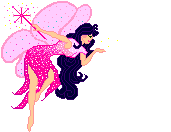
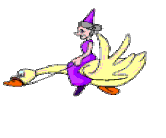


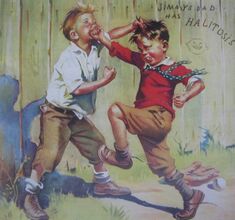
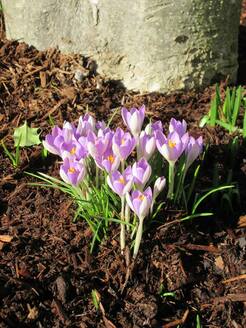
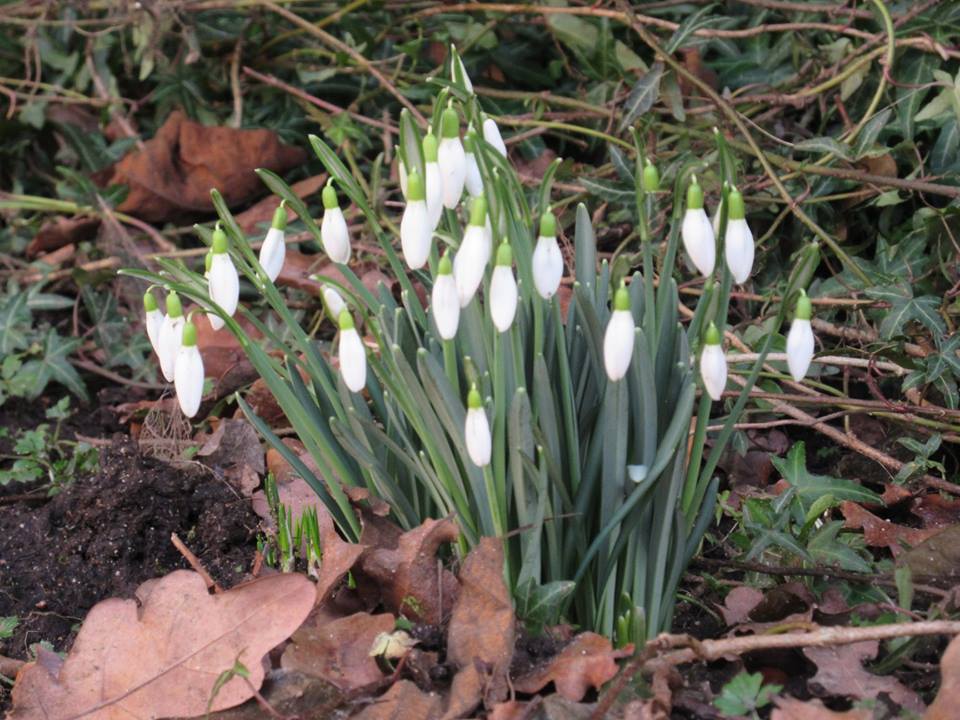
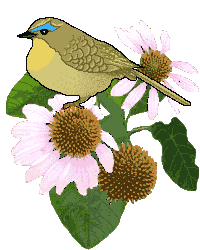
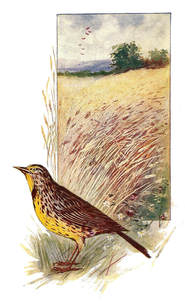

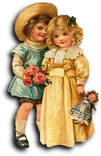
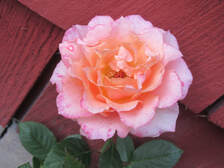
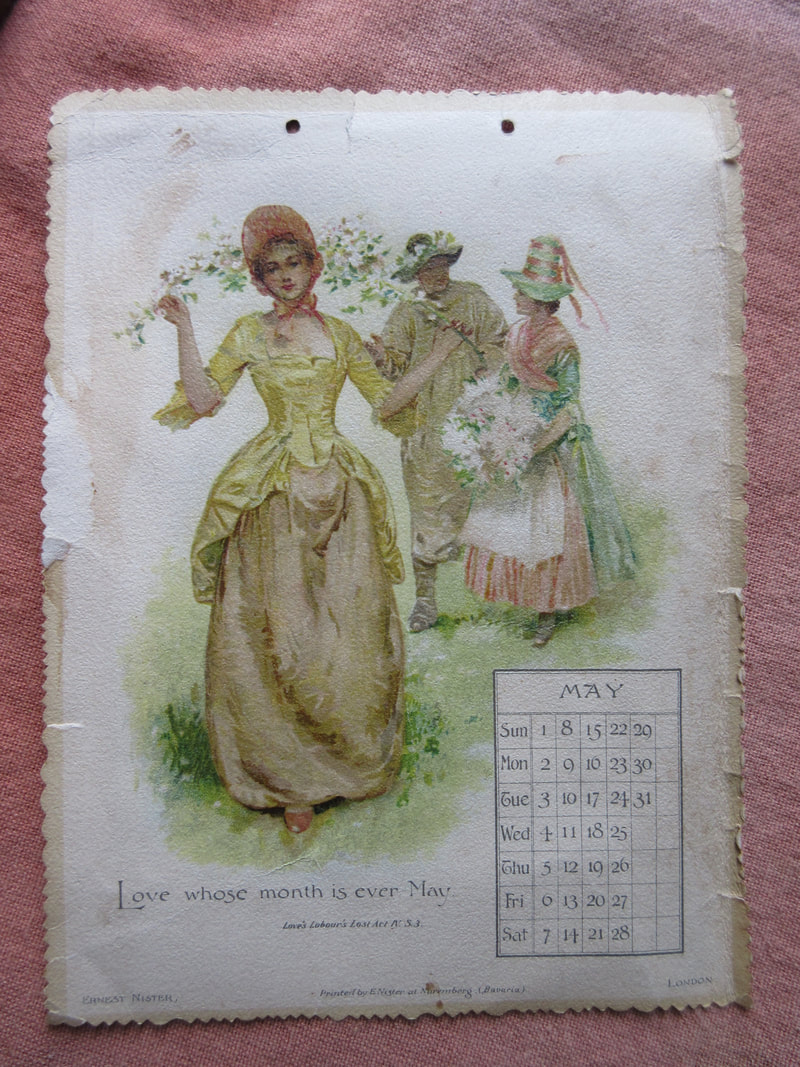

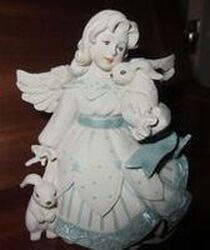
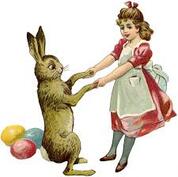
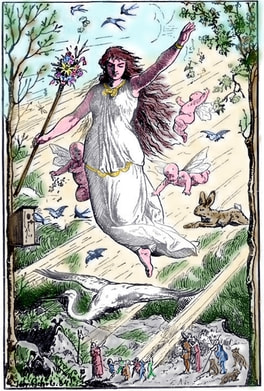
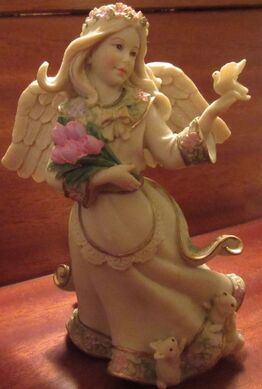



 RSS Feed
RSS Feed

